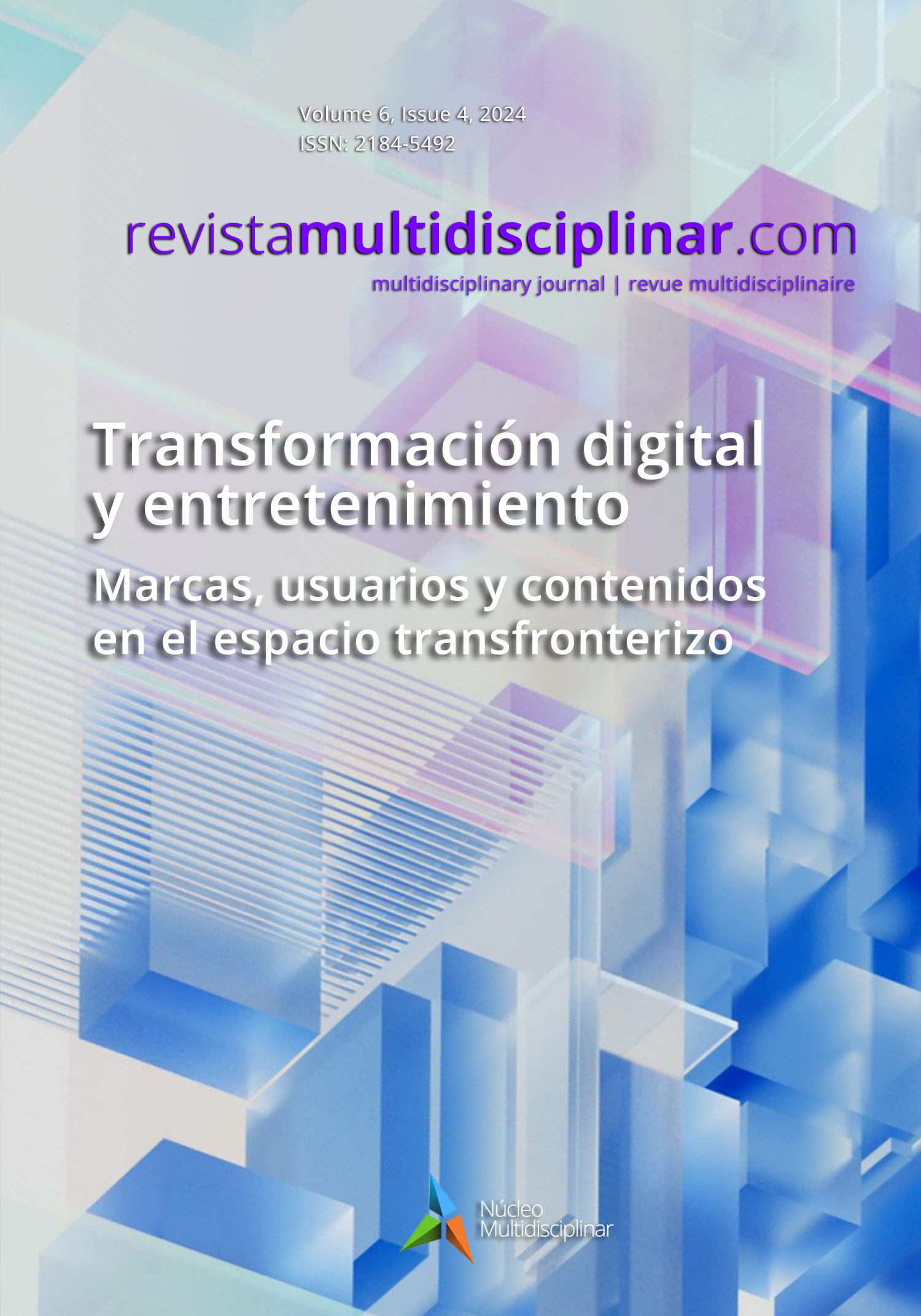Artificial Intelligence And The Environment
DOI:
https://doi.org/10.23882/cdig.24270Keywords:
artificial intelligence, environment, climate changeAbstract
The rapid growth and development of artificial intelligence (AI) in the way people live, work and interact has brought a number of benefits. But at the same time, it also generates debate from an ethical, social or environmental perspective and in relation to its evolution, expansion and adoption. Artificial intelligence (AI) is a powerful tool that is revolutionising many sectors, including the environment. Through advanced algorithms and machine learning capabilities, AI offers innovative solutions to address environmental challenges, from natural resource management to climate change mitigation. We will explore how AI can improve the environment in some of the most high-profile areas: biodiversity monitoring and conservation, sustainable agriculture, waste management, renewable energy and environmental data analysis. In short, to seek and analyse solutions to overcome the challenges of the future that climate change may bring. Solutions that involve governments, non-governmental organisations, local communities, scientists and the private sector.
References
European Commission, Joint Research Centre, Manzoni, M., Medaglia, R., & Tangi, L. (2022). AI Watch, road to the adoption of artificial intelligence by the public sector: a handbook for policymakers, public administrations and relevant stakeholders. Publications Office of the European Union, 65-68. Disponible en [AI Watch, road to the adoption of artificial intelligence by the public sector - Publications Office of the EU] (https://publications.jrc.ec.europa.eu/repository/handle/JRC129100).
European Parliament, Directorate-General for Internal Policies of the Union, Herold, A., Gailhofer, P., & Urrutia, C. (2021). The role of artificial intelligence in the European Green Deal. European Parliament, 31. Disponible en [The role of artificial intelligence in the European Green Deal - Publications Office of the EU] (https://op.europa.eu/en/publication-detail/-/publication/5a1f76e8-7ef1-11eb-9ac9-01aa75ed71a1).
Galera Rodrigo, S. (2021). Cambio de modelo en la transición energética: ¿otro tren que pasará? Actualidad Jurídica Ambiental, (114), 3-4. Disponible en [Cambio de modelo en la transición energética: ¿otro tren quepasará?](https://www.actualidadjuridicaambiental.com/articulo-doctrinal-cambio-de-modelo-en-la-transicion-energetica-otro-tren-que-pasara/) (Fecha de último acceso 11/10/2022).
Goodfellow, I., Bengio, Y., & Courville, A. (2016). Deep learning. MIT Press. IA por el planeta: Destacando las innovaciones de la IA para UNESCO.
Johnson, R., & Johnson, E. (2021). AI and climate change: How they intersect and how to leverage both for the future. *Journal of Environmental Management, 287*, 112322. https://doi.org/10.1016/j.jenvman.2021.112322
LeCun, Y., Bengio, Y., & Hinton, G. (2015). Deep learning. *Nature, 521*(7553), 436-444.
Pardo-Burbano, M., Pinto-Rodríguez, V., & Muñoz-Ordóñez, J. (2021). EcologIA: Inteligencia Artificial para el cuidado del medio ambiente, prototipo de clasificación de residuos sólidos en punto de origen. *Investigación e Innovación en Ingenierías, 9*(3), 46-56. https://doi.org/10.17081/invinno.9.3.5312
Marcus, G., & Davis, E. (2019). Rebooting AI: Building artificial intelligence we can trust. Pantheon Books.
Regulation (EU) 2024/1689 of the European Parliament and of the Council of 13 June 2024 laying down harmonised rules on artificial intelligence and amending Regulations (EC) No 300/2008, (EU) No 167/2013, (EU) No 168/2013, (EU) 2018/858, (EU) 2018/1139 and (EU) 2019/2144 and Directives 2014/90/EU, (EU) 2016/797 and (EU) 2020/1828 (Artificial Intelligence Act) (Text with EEA relevance)
Rolnick, D., Donti, P. L., Kaack, L. H., Kochanski, K., Lacoste, A., Sankaran, K., ... & Bengio, Y. (2019). Tackling climate change with machine learning. *arXiv preprint arXiv:1906.05433*. https://doi.org/10.48550/arXiv.1906.05433
Smith, M. R., & Kelling, S. (2018). Artificial intelligence for environmental monitoring and management. *Frontiers in Ecology and the Environment, 16*(5), 261-269.
Vinuesa, R., Azizpour, H., Leite, I., Balaam, M., Dignum, V., Domisch, S., ... & Nerini, F. F. (2020). The role of artificial intelligence in achieving the Sustainable Development Goals. *Nature Communications, 11*(1), 1-10. https://doi.org/10.1038/s41467-019-14108-y
Wearn, O. R., Freeman, R., & Jacoby, D. M. P. (2019). Responsible AI for conservation. *Nature Machine Intelligence, 1*(2), 72-74. https://doi.org/10.1038/s42256-019-0022-7
Downloads
Published
How to Cite
Issue
Section
License
Copyright (c) 2024 Celia García-Ceca

This work is licensed under a Creative Commons Attribution-NonCommercial 4.0 International License.









